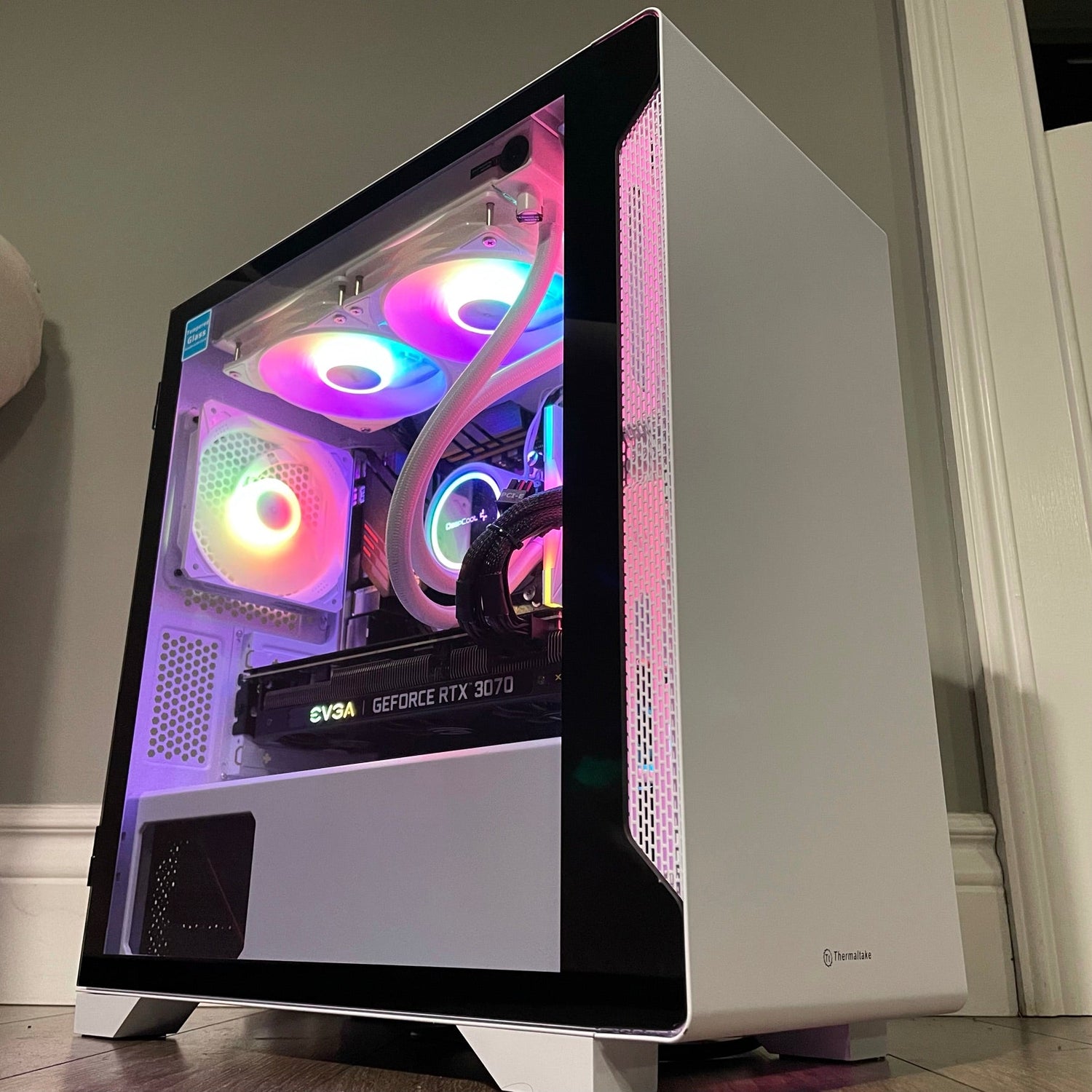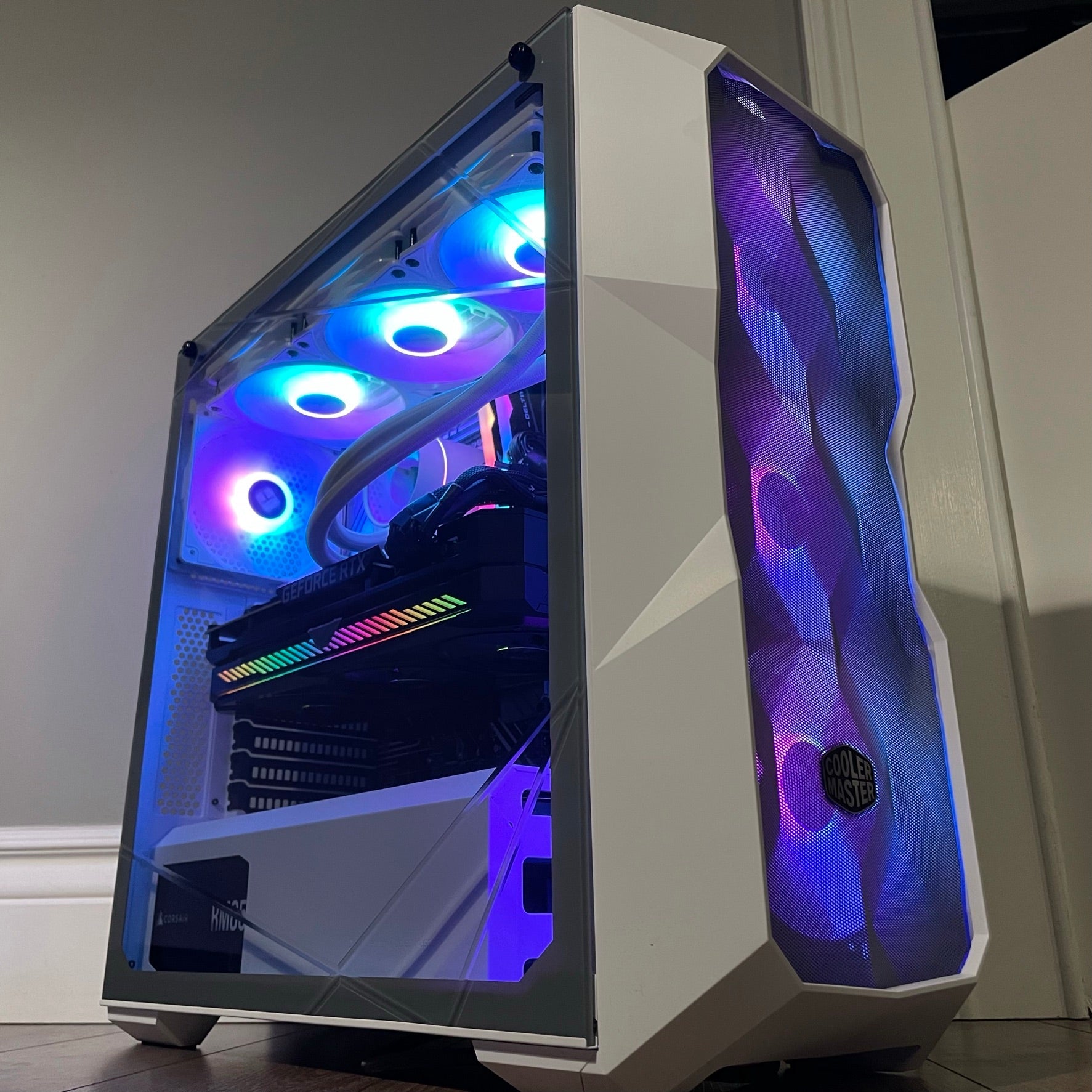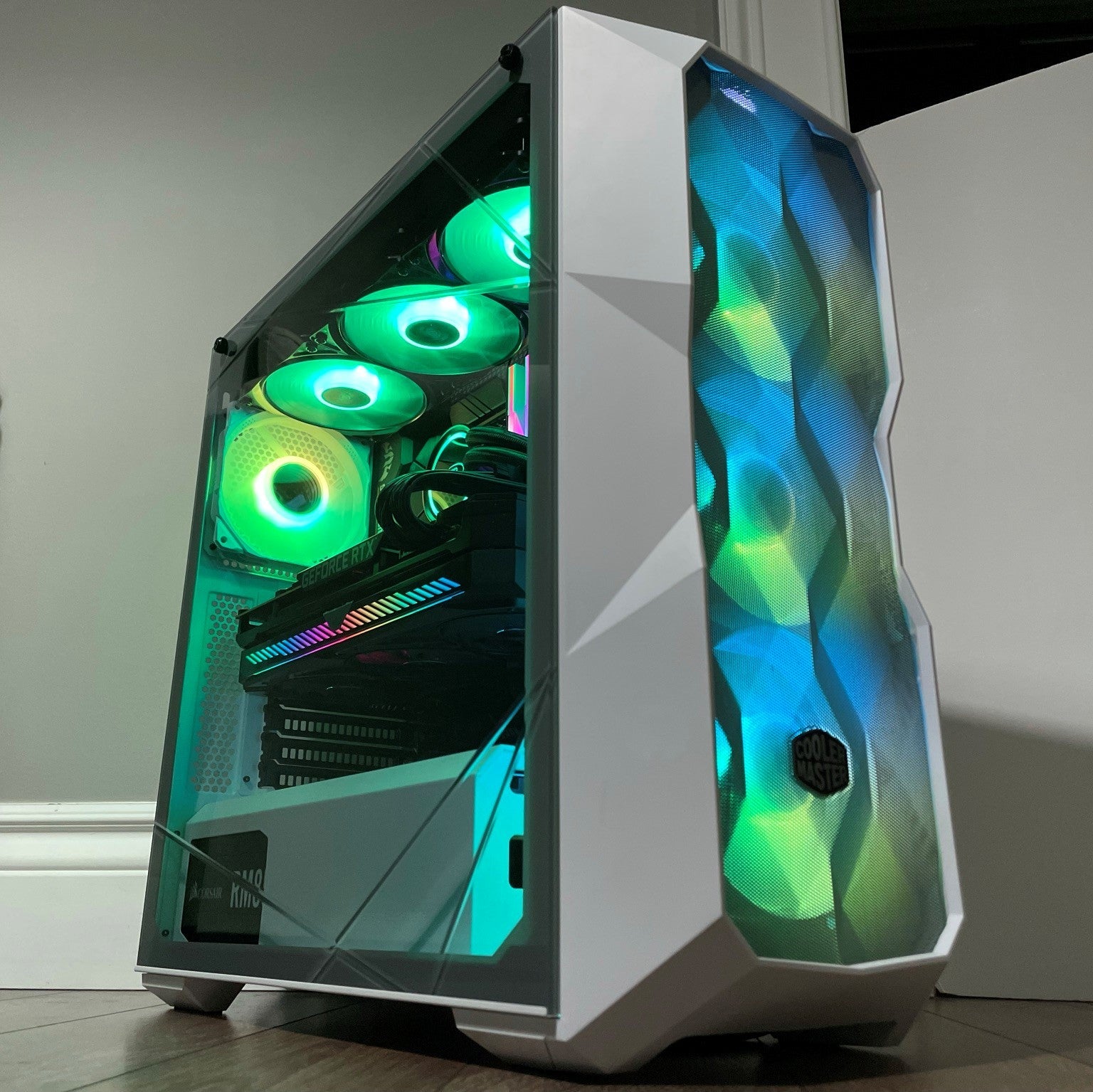Building your own gaming PC can be a rewarding and exciting experience, but it's not without its challenges. Here are some common issues you may encounter when building your own gaming PC:
-
Compatibility Issues: One of the most common issues you may face is compatibility issues between your components. It's essential to ensure that your components are compatible with each other before you make your purchase. This includes checking the socket type and chipset of your CPU and motherboard, the RAM type and speed, and the power supply's wattage.
-
BIOS and Driver Updates: After assembling your PC, you may need to update the BIOS and install the latest drivers for your components. This can be time-consuming and requires some technical expertise, but it's important to ensure that your components are running at their optimal performance and stability.
-
Overheating: Gaming PCs are high-performance machines that generate a lot of heat, so it's crucial to have adequate cooling. Overheating can cause damage to your components and lead to system instability or even failure. You may need to invest in additional cooling components such as fans, liquid cooling, or heat sinks to ensure your PC stays cool.
-
Power Supply Issues: Your power supply is the backbone of your PC, and insufficient power can cause stability issues and potential damage to your components. It's important to choose a high-quality power supply with sufficient wattage to power your components.
-
Cable Management: It's easy to overlook cable management, but it's an essential aspect of building a gaming PC. Poor cable management can restrict airflow, cause overheating, and make it challenging to upgrade or maintain your PC.
-
Software Issues: After building your PC, you'll need to install your operating system and software. Installing and configuring your software can be time-consuming and requires some technical expertise, but it's essential to ensure your PC is running efficiently and securely.
In conclusion, building your own gaming PC can be a challenging but rewarding experience. By being aware of the potential issues and taking the necessary precautions, you can ensure a smooth and successful build. Plan your build carefully, invest in high-quality components, and be prepared to troubleshoot any issues that may arise.




Leave a comment
All comments are moderated before being published.
This site is protected by hCaptcha and the hCaptcha Privacy Policy and Terms of Service apply.